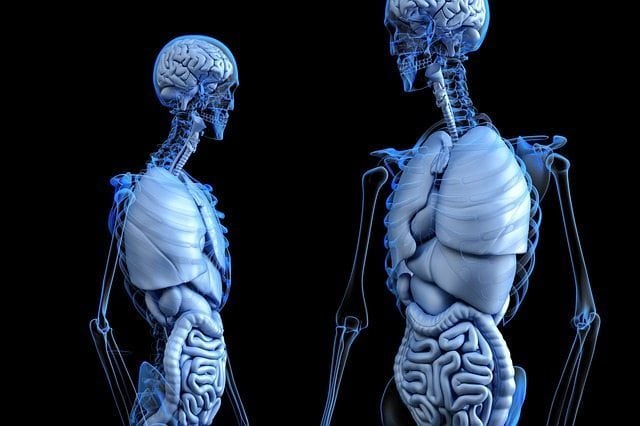Those who were old enough to watch Oprah in the ‘90s likely remember the popular paperback Men Are From Mars, Women Are From Venus. The book brought discussion about differences between male and female brains into the public sphere, claiming different biology leads to different behaviors.
By the time I had my first sex ed. class, circa 2005, the hypothesis of brain difference had infiltrated our curriculum. We were taught that male brains were like waffles, hyper-compartmentalized, and female brains were like spaghetti, with strands of thought tangled in an ever-connected mass. Teenage boys and girls act differently at this age, they explained, simply because their brains are wired differently.
Recent research shows that this theory of inherently different male and female brains desperately needs an update. One of this field’s primary researchers is Dr. Lise Eliot, associate professor of neuroscience at Rosalind Franklin University’s (RFU) Chicago Medical School. Her research seeks to reveal the true story: our brains are very much alike.
“Despite the common impression that men and women are profoundly different, large analyses of brain measures are finding far more similarity than difference,” said Dr. Eliot. “There is no categorically ‘male brain’ or ‘female brain,’ and much more overlap than difference between genders for nearly all brain measures.”
Her most recent article, on which she served as corresponding author, zeroes in on a hot-button bundle of neurons found only in the brains of complex vertebrates: the amygdala. The amygdala became the focus of the study because of its involvement in several of the processes we often think of as varying between males and females. It has a primary role in memory and decision making, as well as in all emotions and social behaviors, like sexual arousal and aggression.
Previous research led scientists to believe that the amygdala was larger in males’ brains than females’ brains, which caused them to chalk up psychiatric and behavioral differences between women and men to a difference in amygdala size.
The researchers set out to see if the amygdala was, in fact, larger in males than females. To test the hypothesis, they conducted a meta-analysis of other MRI studies that included healthy males and females of the same age. They studied an impressive total of 6,726 individuals to see if they could detect a size difference between the two sets of amygdalae. The study was published in NeuroImage in December of 2016 and was co-authored by RFU medical students Dhruv Marwha and Meha Halari.
In the end, the scientists broke from the dominant belief that men have bigger amygdalae (and consequently extra aggression and less emotion, for example). Male amygdalae are about 10 percent larger than their female counterparts, but male brains are about 11.5 percent larger in total volume. So, proportionally, the seemingly larger amygdala is statistically insignificant.
There could be subtle differences between male and female amygdalae, the researches explain, but the amygdalae are not “sexually dimorphic,” meaning of “two different forms.” Dr. Eliot’s work provides further evidence for the Gender Similarities Hypothesis, which claims that males and females are similar in most psychological variables. Her research also makes inroads for researching the brains of transgender or gender fluid individuals.
Thanks to the work of Dr. Eliot and others, science will be able to move resources to understanding how all human brains work instead of searching for differences that simply don’t exist.
by Ashlyn Stewart










